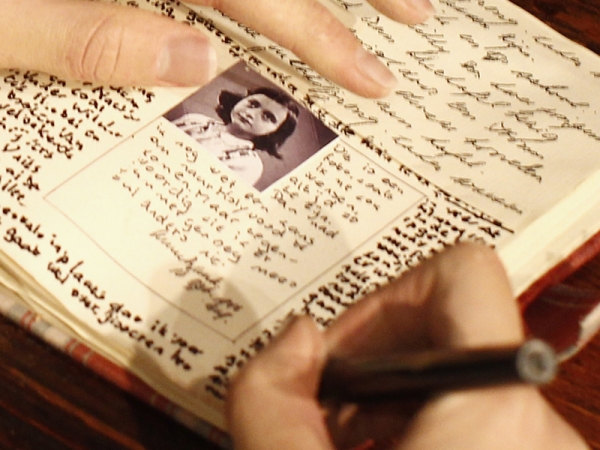By Samuel Ugwumba*

The bromide “Money, like sweet wine, intoxicates” is no less true of copyright. Copyright law works on price, pure and simple! Only those who are willing and able to pay will consume copyright protected works. And if you want to make use of the work, or portions of it, in ways prohibited by copyright law you must get permission (which in most cases will involve payment), unless the work is in the public domain or your use is covered by some exception. The point is that copyright law, by virtue of the exploitation of the rights granted under it, works just like money. As the platitudinous reminder ‘You can’t have enough of money’ goes, so too is the panoply of rights under copyright law. Once the cash starts flowing through the exercise of those rights, it is not unnatural for the homo economicus propensity to lead us into seeking ways to maximize the cash in-flow. Perhaps, by extending copyright term! It is my view that this narrative is palpably illustrated by an article in New York Times concerning the authorship of “The Diary of Anne Frank.”
For those who have not read the book (I think few), Anne Frank’s diary is simply a unique read revealing both our shared humanity and the evil that lurks within us—an indelible reminder of the Holocaust atrocities. Since the publication of the diary by Anne Frank’s father, Otto Frank, it has always been accepted by the public that Anne Frank is the sole author of the published work. Otto Frank only made editorial revision. As highlighted by the New York Times piece, “[W]hen Otto Frank first published his daughter’s red-checkered diary and notebooks, he wrote a prologue assuring readers that the book mostly contained her words, written while hiding from the Nazis in a secret annex of a factory in Amsterdam.” Now this is about to change! The Swiss foundation, Anne Frank Fonds, that owns the copyright in the work is claiming that Otto Frank is not just an editor but also a co-author. If true, the implication is clear: copyright term extension! But why mention this now? Can this even be true? I think the answer is pretty simple. In Europe, the copyright duration in general is life of author plus 70 years. Where the work is co-authored, it is the life of last surviving author plus 70 years (this is also Kenyan law but for 50years). The implication is that in Europe the Diary of Anne Frank will become part of the public domain in January 2016 unless Anne Frank Fonds can extend the copyright term. By asserting that Otto Frank is a co-author, Anne Frank Fonds intends to renew the copyright in the work until the end of the year 2050 (Otto Frank died in 1980). Several questions will have to be answered however: Is Otto Frank’s contribution original such that he could be regarded as a co-author? Or do his contributions constitute a new work, making it a derivative work? It is not my place to answer these questions. The concern of this post is to highlight something copyright law is not immune to: abuse.
Copyright can be, has been, and will continue to be abused by corporate actors. The ultimate goal of copyright law, the dissemination of cultural works and enrichment of public domain, will devastatingly be trampled upon by corporate right-holders who seek ways to maximize their wealth. Public domain will only be an imaginary construct that exists in the minds of freedom-lovers. Works will never fall into the public domain because they will be indefinitely renewable. The abuse of copyright law should not be tolerated by the courts because it defeats the purposes of this law and restricts our creative freedoms. It imposes a great cost on society with little benefit on the right-holder. From a utilitarian-economic perspective then, such abuses must be prevented because it is preposterously inefficient.
In summary, I think the lesson for courts is to remind them that the rights granted under copyright law work just like money. They intoxicate and can lead to abuse with great costs on society. Courts should be careful to reject spurious claims and protect the public domain because we all live in it.
*Samuel Ugwumba is a Ph.D candidate and University College Cork Law and Business scholar researching on copyright and music.